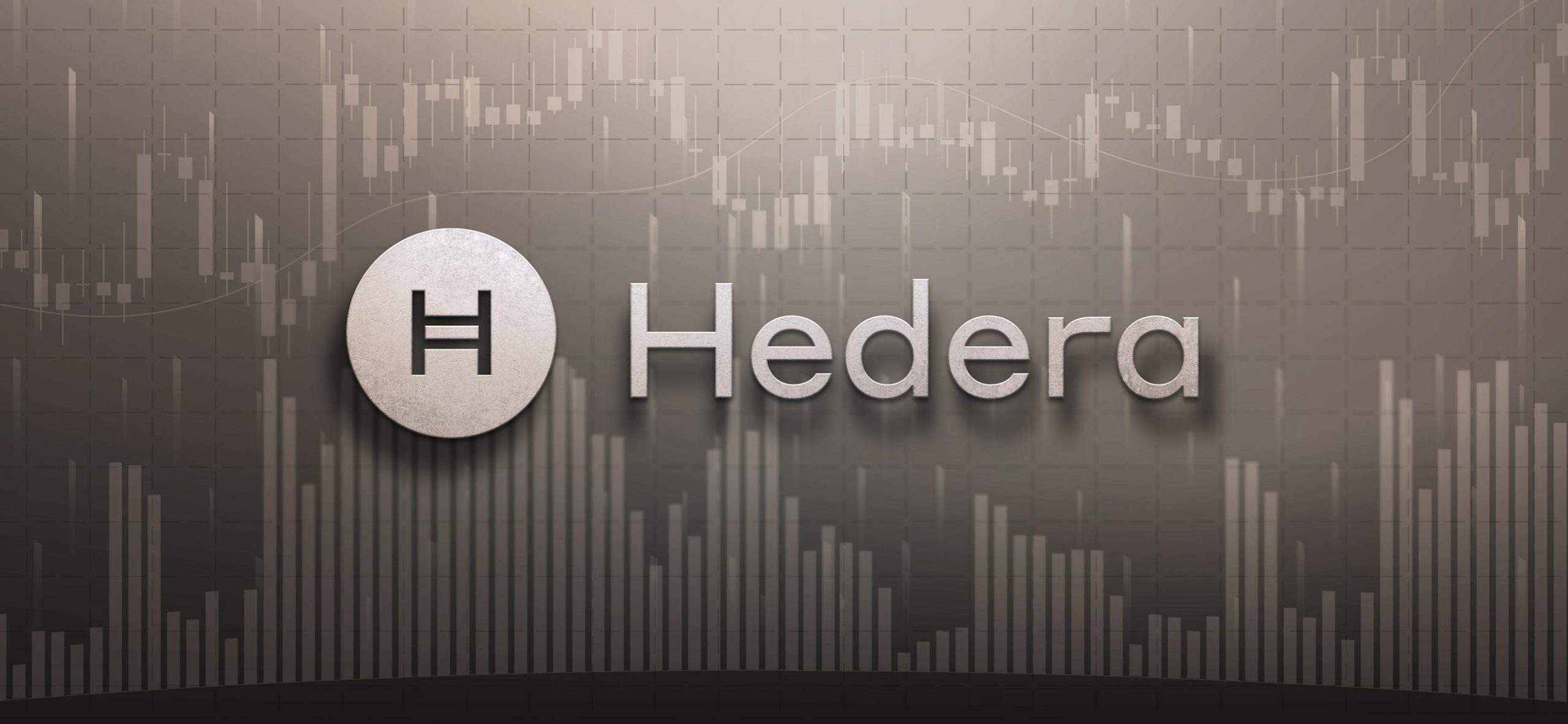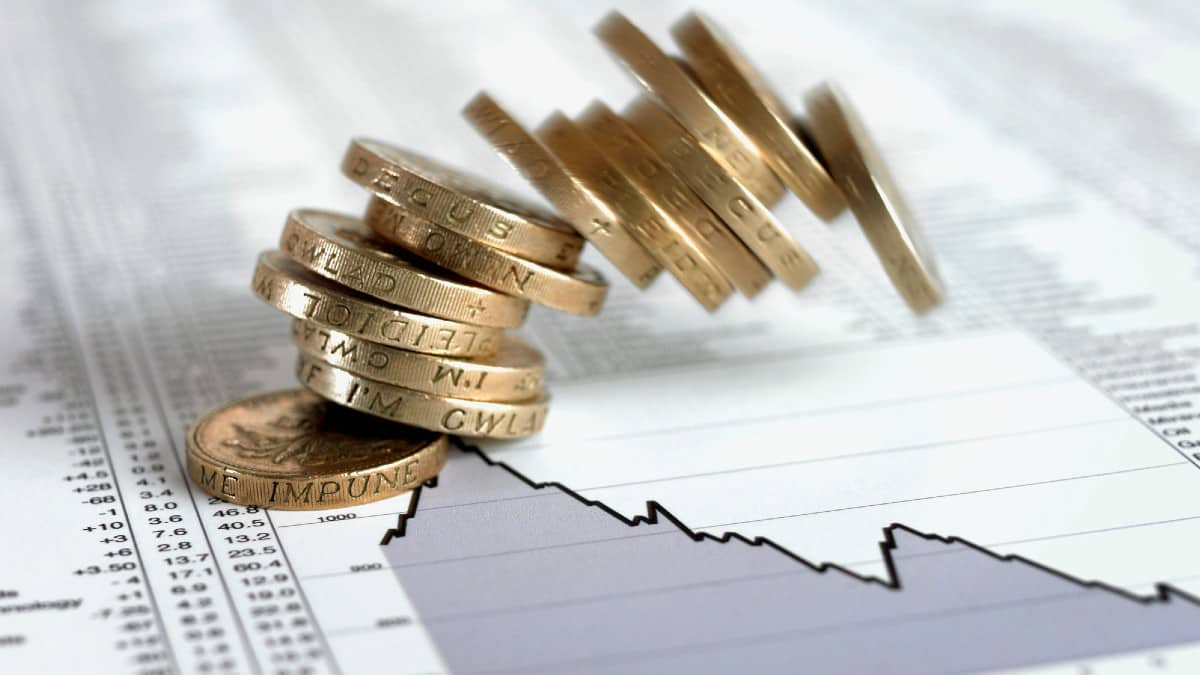With the 2024/25 tax year arriving on 6 April, UK investors have a whole new set of tax allowances. Hence, I’ve been reviewing FTSE shares that my wife and I might add to our family portfolio.
Global value shares look tempting
When I look at US stocks, I see highly priced companies trading at record levels. With the S&P 500 leaping 26.6% over 12 months, finding deep value among American corporations isn’t easy.
Meanwhile, the UK’s FTSE 100 looks very undervalued, both in historical and geographical terms. For me today, the Footsie is a target-rich environment for finding value shares to produce decent future returns.
Ideally, I’m after solid, established businesses trading on reasonable multiples of earnings and paying cash dividends to patient shareholders. For example, take these two global Goliaths, which have seen their share prices weaken over the past year.
1. Diageo
Diageo (LSE: DGE) is a leading purveyor of alcoholic drinks, including best-selling brands Smirnoff vodka, Gordon’s gin, Johnnie Walker whisky, Guinness stout, and Baileys Irish cream.
Formed in 1997 by the merger of Guinness and Grand Metropolitan, Diageo has been a FTSE 100 stalwart for decades and is one of its 10 largest members today.
Here are Diageo’s fundamentals, based on the current share price of 2,829.5p:
| Market cap | £63bn |
| FTSE ranking | #8 |
| Earnings multiple | 20.3 |
| Earnings yield | 4.9% |
| Dividend yield | 2.9% |
| Dividend cover | 1.7 |
However, the shares currently trade on a multiple of over 20 times earnings, due to falling sales in the Caribbean and Latin America. This has dragged their earnings yield below 5%, such that the dividend yield is covered only 1.7 times by historic earnings.
This growth stutter has sent Diageo’s share price diving 22.3% over one year and 9.1% lower over five years. However, these returns exclude dividends, which climbed by a sixth (16.7%) from 2019 to 2023.
At its 52-week high, the share price briefly touched 3,779.5p on 25 April 2023, but now stands 950p (-25.1%) lower. To me, Diageo stock looks oversold — which is why my wife and I own it, paying 2,806.6p a share in December 2023.
Of course, Diageo’s sales growth could slow even further, hitting revenues, profits, and cash flow. However, I’m not worried about short-term price volatility, as we are playing the long game.
2. Unilever
As one of the world’s largest FMCG (fast-moving consumer goods) companies, multinational Unilever (LSE: ULVR) is a global beast. Remarkably, more than 3.4bn people worldwide use its products daily. Indeed, when I look in my kitchen cupboards and bathroom cabinets, I see plenty of its brands.
Here are Unilever’s fundamentals, based on a share price of 3,819p:
| Market cap | £95.7bn |
| FTSE ranking | #4 |
| Earnings multiple | 17.4 |
| Earnings yield | 5.8% |
| Dividend yield | 3.9% |
| Dividend cover | 1.5 |
Looking at the above figures, I see that Unilever is bigger than Diageo and has a better earnings yield. However, its higher dividend yield of nearly 4% a year is covered only 1.5 times by trailing earnings.
Notably, Unilever’s yearly cash payout rose by just 4.2% between 2019 and 2023. And like Diageo, sales growth has slowed markedly since end-2022. Even so, I’d buy Unilever stock over Diageo’s, partly because young adults are drinking less alcohol nowadays.
That said, as we already own both consumer stocks, we need take no further action!
Credit: Source link












![Just released: March’s small-cap stock recommendation [PREMIUM PICKS]](https://www.fool.co.uk/wp-content/uploads/2024/05/Small-cap-1200x800.jpg)

